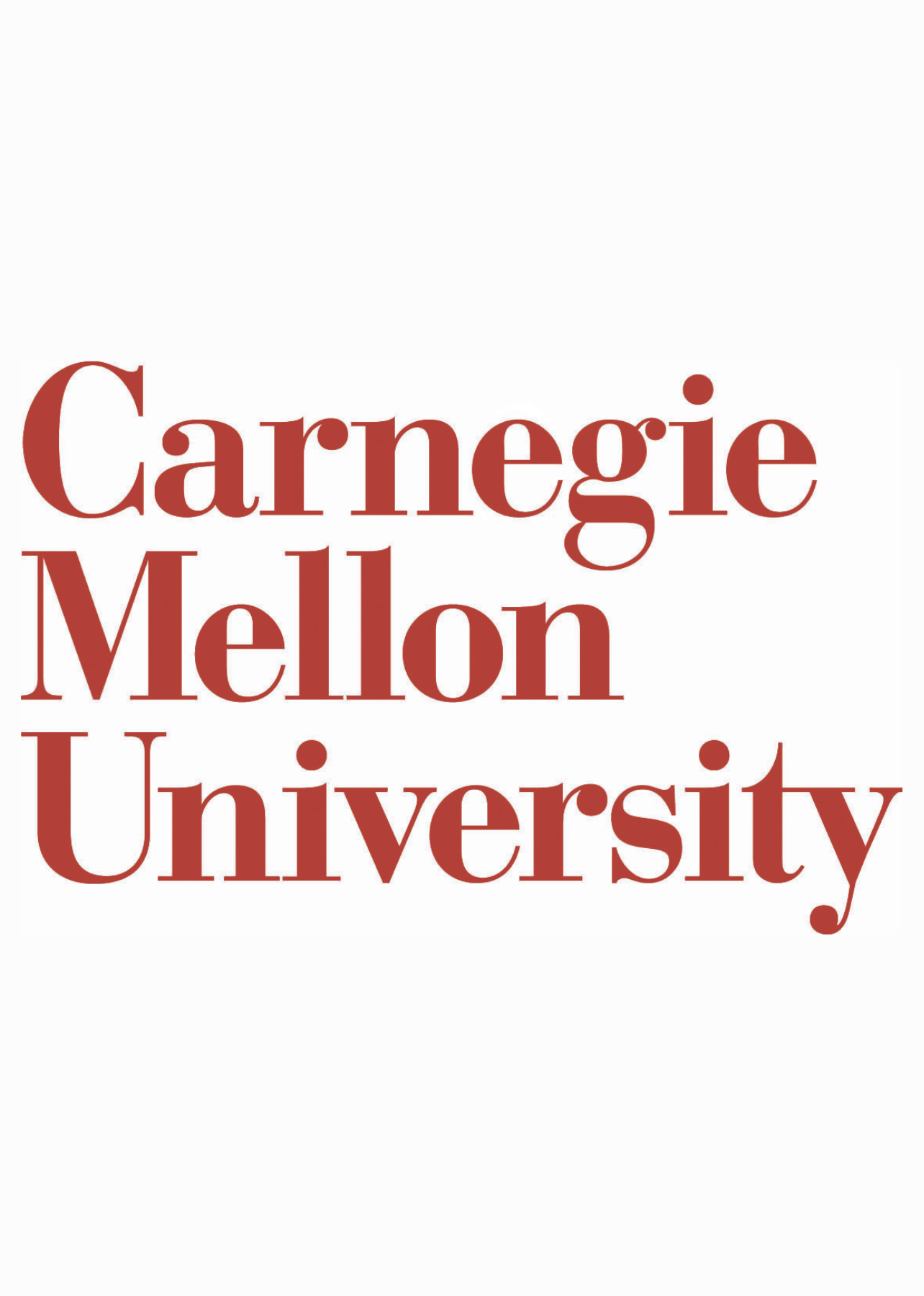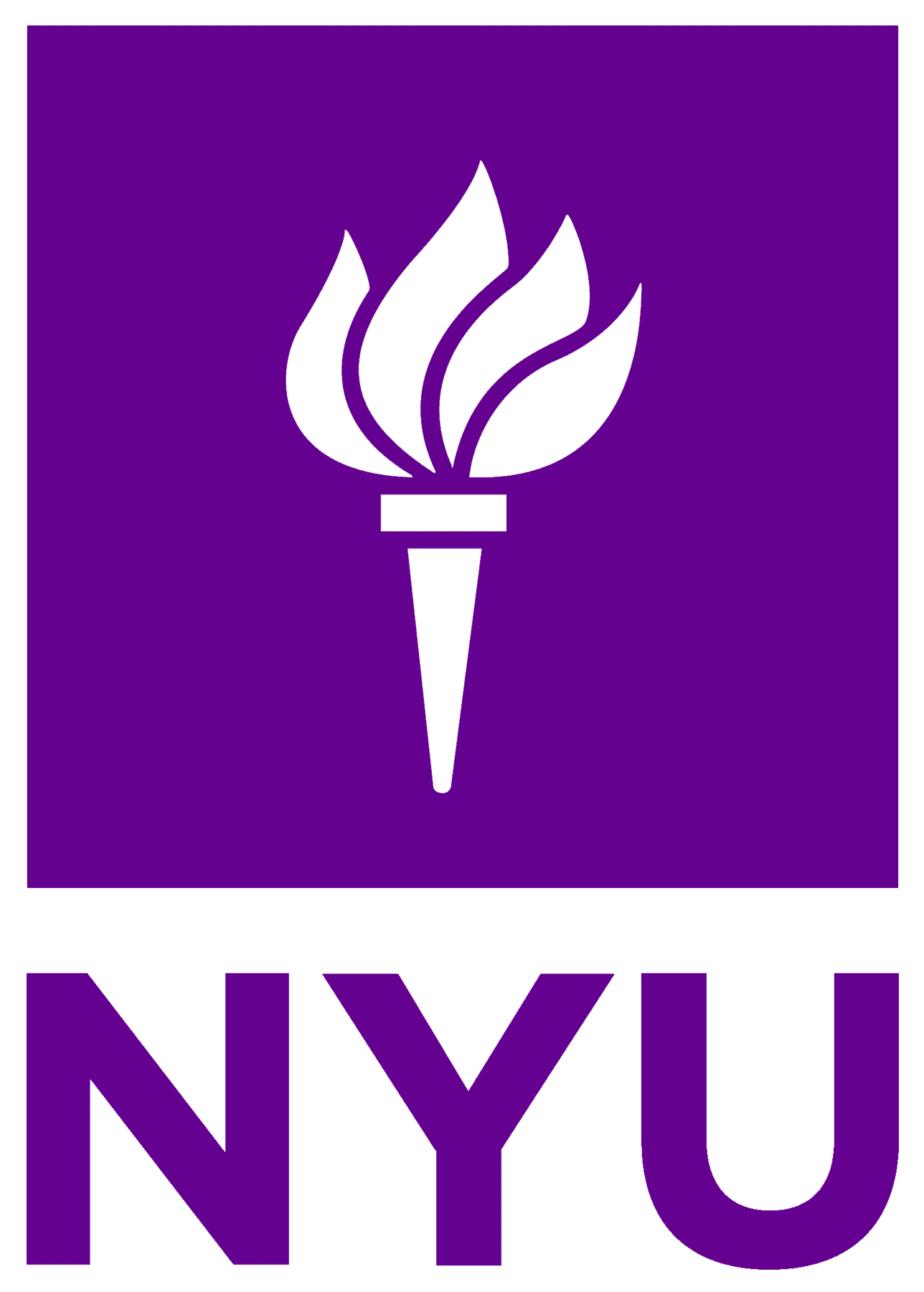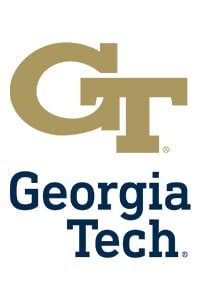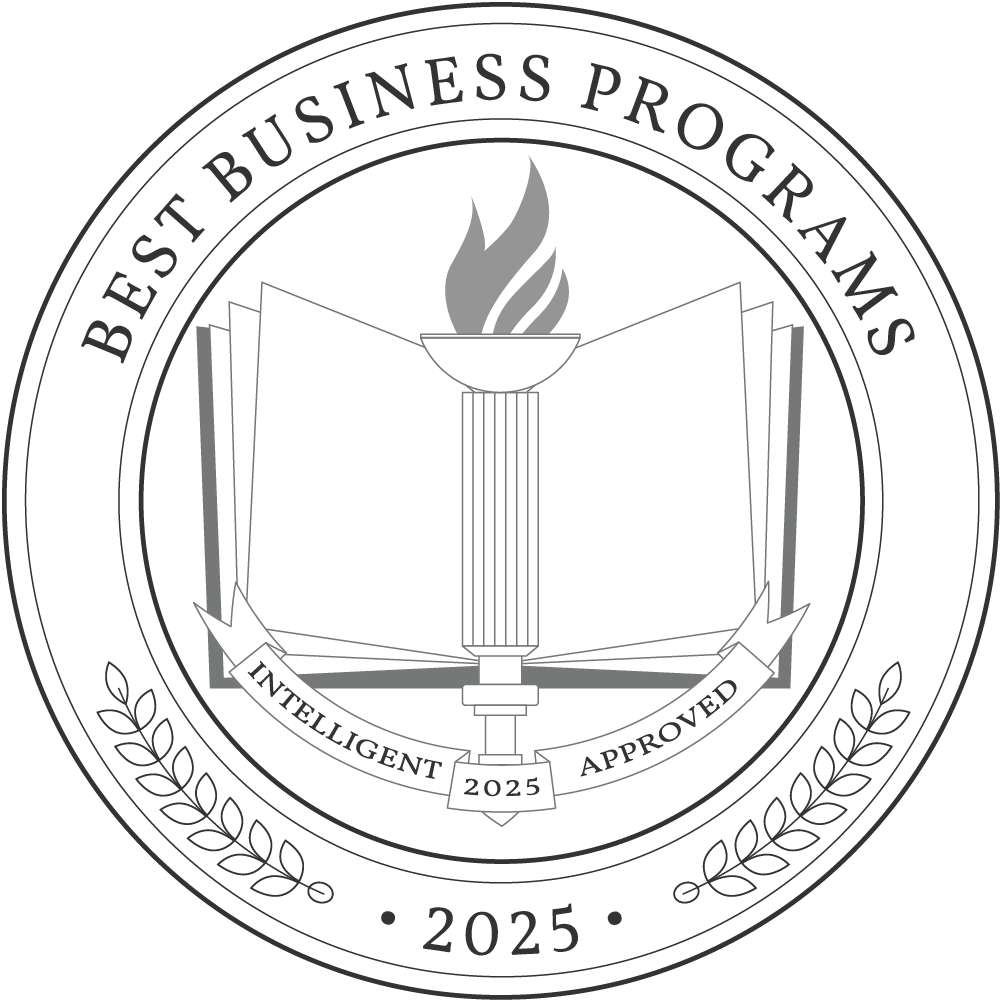Business degrees are the top-awarded degree in the United States. Graduates of business degree programs go on to have careers in accounting, business management and administration, finance, general business, marketing, and marketing research.
The median salary is $76,850 for business degree graduates. Higher-earning fields include accountants with an average yearly salary of $86,740, financial analysts at $96,220, and marketing managers at $138,730.
Business students can complete an associate degree in two years and a bachelor’s degree in four years of full-time study. Depending on the field you choose, a master’s degree can take from one to three additional years of full-time study.
The average cost per year is $14,688 for an associate degree in business, $17,709 for a bachelor’s degree, and $20,513 for a master’s degree. The final cost depends on whether you are an in-state or out-of-state student, if you opt for room and board, and if it’s a public or private institution.
Why Trust Us
The Intelligent.com Higher Education Team is dedicated to providing students with independent, equitable school and program rankings and well-researched resources. Our expert-driven articles cover topics related to online colleges and programs, paying for school, and career outlooks. We use data from the U.S. Department of Education’s College Scorecard, the National Center for Education Statistics, and other reputable educational and professional organizations. Our academic advisory team reviews content and verifies accuracy throughout the year for the most current information. Partnerships do not influence rankings or editorial decisions.
- Analyzed over 2,000 national, accredited, and nonprofit colleges and universities
- 800+ rankings pages are reviewed and updated yearly
- Content is informed by reputable sources, surveys, and interviews with academic advisors and other experts
- Over 100 data points are reviewed for accuracy and quality throughout the year, including sources
How we rank schools
Our list features the best Business degree programs at top colleges nationwide. Each school featured is a nonprofit, accredited institution — either public or private — with a high standard of academic quality for post-secondary institutions.
We evaluated each school’s program on tuition costs, admission, retention and graduation rates, faculty, reputation, and the student resources provided for online students. We collected data from trusted sources like the National Center for Education Statistics, individual school and program websites, school admissions counselors, and other data sources. Then, we calculated the Intelligent Score on a scale of 0 to 100 based on the following criterion:
Academic Quality:
- Admission rate versus enrollment rate
- Retention rate of students who return after year one
- Accreditation status (regional and programmatic)
- Nonprofit status, both private and public institutions
Graduation Rate
- Overall graduation rate
- Total number of currently enrolled students, including diversity metrics
- Student-to-faculty ratio
Cost and ROI
- In-state and out-of-state per-credit tuition rates and fees
- Required credits to graduate
- Earning potential after graduation
- Availability of federal student loans, scholarships, and other financial aid options
Student Resources
- Available student services for online-only and hybrid programs
- On-campus amenities like tutoring centers and the number of libraries
Read more about our ranking methodology.
Best 47 Accredited Business Degree Programs
FiltersInstitution Type
Status
- Intelligent Score
- Alphabetically By University Name
- Acceptance Rate
- Enrollment
- In-state Graduate Tuition
- Out-of-state Graduate Tuition
- In-state Undergraduate Tuition
- Out-of-state Undergraduate Tuition

University of California, Berkeley
Intelligent Score: 98.53In-state: $11,442
Out-of-state: $41,196
In-state: $11,442
Out-of-state: $11,442
SAT: 1310-1530
ACT: 30-35
The Haas School of Business at the University of California at Berkeley offers 14 different business degrees as well as an executive-level program and pre-college opportunities. Undergraduates can choose a traditional Bachelor of Science in Business (BBA), a dual engineering and business degree, a dual science and business degree, or even a globally-focused degree with built-in study abroad opportunities. Students are truly able to customize their academic experience. UC Berkeley's Haas School of Business is committed to sustainability initiatives, and students in all of its programs are encouraged to engage with these important topics. Graduate students may choose to take electives in sustainability and even earn a graduate certificate in sustainable business. UC Berkeley business students receive a personalized career plan and will have the opportunity to network and even interview with the school's prestigious alumni network.
$208
On-Campus
Association to Advance Collegiate Schools of Business
120

University of Pennsylvania
Intelligent Score: 98.25In-state: $53,166
Out-of-state: $53,166
In-state: $37,678
Out-of-state: $37,678
SAT: 1460-1570
ACT: 33-35
The Wharton School of Business at the University of Pennsylvania is a world-renowned business school and one of the oldest collegiate business schools in the world. An Ivy League institution, UPenn is highly competitive, and the Wharton School's acceptance rate is often less than 10%. UPenn practices blind admissions and provides full financial aid packages based on a student's need. However, with several undergraduate concentrations, nineteen MBA majors, and nine doctoral degrees, accepted candidates can truly customize their academic experience and focus on the area of business that most interests them. As a Wharton School undergraduate student, you can opt for a specialized dual degree program or pursue one of the 20+ global exchange programs - nearly a quarter of Wharton students choose to study abroad during their degree. Students are encouraged to pursue interdisciplinary coursework as well, including liberal arts courses.
$1,954
On-Campus
Association to Advance Collegiate Schools of Business
120

University of Michigan
Intelligent Score: 96.32In-state: $16,520
Out-of-state: $53,669
In-state: $24,344
Out-of-state: $24,344
SAT: 1340-1520
ACT: 31-34
The Stephen M. Ross School of Business at the University of Michigan has top-ranked undergraduate and graduate degrees. With an average cohort size of 500 and an acceptance rate just shy of 10%, the bachelor's program is highly competitive. The Bachelor of Business Administration (BBA) major has made meaningful strides toward improving the representation of its participants - nearly half of the program's accepted applicants are female, and roughly 20% are from an underrepresented minority. The undergraduate curriculum requires that students attend at least one event each year that highlights diversity and inclusion initiatives, and there's even a student-led diversity committee within the BBA program. First-year BBA students can engage in a residential living-learning community specific to their major, and interested high school students can attend the Michigan Ross Summer Business Academy to get a head start in their business careers. No matter what program you choose, graduates of the Ross School of Business gain a career-ready education, with the institution boasting a 94% placement rate.
Resident: $755
Non-Resident: $2,191
On-Campus
Association to Advance Collegiate Schools of Business
120

MIT Sloan School of Management
Intelligent Score: 96.2In-state: $53,450
Out-of-state: $53,450
In-state: $53,450
Out-of-state: $53,450
SAT: 1510-1580
ACT: 34-36
The Massachusetts Institute of Technology (MIT) is one of the most recognized educational institutions in the world, and a business degree from here will open doors no matter your career path. The MIT Sloan School of Management, in Cambridge, Massachusetts, has seven different graduate-level tracks including a traditional MBA, a Master of Business Analytics (MSBA), and even a deferred option for those who wish to gain experience in the workforce before pursuing an advanced degree. MIT also offers undergraduate business degrees with three separate majors: management, business analytics, and finance. Business students can engage in one of MIT's many global programs or participate in one of the school's prestigious summer internships. There are dozens of Fortune 500 companies in the Boston area as well, providing students with endless opportunities for professional development and networking. The Sloan School of Management enrolls approximately 1,300 students who work alongside more than 100 faculty members.
$995
On-Campus
Association to Advance Collegiate Schools of Business
180-198

UNC Kenan-Flagler
Intelligent Score: 96.02In-state: $7,019
Out-of-state: $34,198
In-state: $10,552
Out-of-state: $10,552
SAT: 1280-1490
ACT: 28-33
The University of North Carolina Kenan-Flagler Business School at the Chapel Hill campus has top-tier undergraduate and master's degrees. Students pursuing an MBA need not commit full-time; in addition to the traditional MBA program, you can complete a flexible, online option in as little as 18 months. All five of the school's MBA programs are STEM-designated degrees, reflecting the curriculum's commitment to data analysis and other career-ready skills. The undergraduate business programs are highly customizable, with plenty of meaningful internships, study abroad, and networking opportunities. In fact, there are more than 40 global experiences open to UNC business students. All participants in the Kenan-Flagler Business School benefit from career services resources, including individualized career coaching and year-round workshops. The undergraduate business job placement rate is an impressive 98%.
Resident: $292
Non-Resident: $1,556
On-Campus
Association to Advance Collegiate Schools of Business
120

Carnegie Mellon University
Intelligent Score: 96.01In-state: $57,560
Out-of-state: $57,560
In-state: $46,441
Out-of-state: $46,441
SAT: 1460-1560
ACT: 33-35
Carnegie Mellon University is a private school based in Pittsburgh, Pennsylvania. A top research institution, Carnegie Mellon is best known for its science and technology programs, and this mission is emphasized in its business programs as well. The Tepper School of Business hosts programs from the undergraduate to the doctoral level. Bachelor's level students must master coursework in economics, mathematics, and statistics before pursuing one of eight concentrations. Undergraduates within the business school are required to complete a minor as well, and they are encouraged to select an area of study unique to their personal interests, including computer science or fine arts. Graduate students can choose to enroll in an MBA program or one of the following master's majors: computational finance, integrated innovation for products and services, product management, or business analytics. There are also several Ph.D. concentrations. All Tepper students are encouraged to be creative and innovative, using data and technology to inform their practice.
$865
On-Campus
Association to Advance Collegiate Schools of Business
120

The University of Texas at Austin
Intelligent Score: 95.75In-state: $11,448
Out-of-state: $40,032
In-state: $12,028
Out-of-state: $12,028
SAT: 1210-1470
ACT: 26-33
The University of Texas at Austin (UT Austin) is a public, research-driven institution located in the state's capital city. The McCombs School of Business at UT Austin has both undergraduate and graduate programs; no matter your degree, UT Austin often scores top marks for its campus environment, a designation that no doubt stems from the area's location in the stunning Texas Hill Country combined with the region's appealing food and music scene. UT Austin is committed to keeping tuition low and supporting students who seek scholarships and other forms of financial aid; the business school awards scholarships to more than 3,000 incoming attendees. Within the business school, students can pursue a BBA with ten different major options; graduate students can choose from several master's-level and MBA degrees, including a top-ranked accounting program. In fact, the McCombs School of Business has six specialty departments, each with its own team of committed faculty.
In-State: $565
Out-of-State: $2,029
On-Campus
Association to Advance Collegiate Schools of Business
120

NYU Stern School of Business
Intelligent Score: 95.54In-state: $52,204
Out-of-state: $52,204
In-state: $34,704
Out-of-state: $34,704
SAT: 1370-1540
ACT: 31-34
$1,861
On-Campus
Association to Advance Collegiate Schools of Business
120-128

Cornell University
Intelligent Score: 94.52In-state: $58,586
Out-of-state: $58,586
In-state: $29,500
Out-of-state: $29,500
SAT: 1400-1540
ACT: 32-35
Cornell University, a regarded Ivy League located in Ithaca, New York, hosts the SC Johnson College of Business. This top business school has two undergraduate degrees: a Bachelor of Science in Applied Economics and Management (AEM) and a Bachelor of Science in Hotel Management (BHM). Nearly every student (95%) within the business school participates in an internship while enrolled in the program, and more than one-third choose to study abroad. The BS AEM has almost a dozen concentrations from which to choose, including accounting, business analytics, food industry management, and marketing. The BSHM has a whopping 16 concentrations and an impressive 96% job placement rate. Post-graduate applicants may enroll in a traditional MBA program or a more focused master's-level degree such as those in hospitality, real estate, or business analytics. No matter your academic area of interest, all students are encouraged to engage in one of the college's 20+ business-related student organizations.
$1,750
On-Campus
Association to Advance Collegiate Schools of Business
120

CUNY Baruch College
Intelligent Score: 93.53In-state: $6,930
Out-of-state: $14,880
In-state: $11,090
Out-of-state: $11,090
SAT: 1170-1340
ACT: 25-31
In-State: $305
Out-of-State: $620
On-Campus
Association to Advance Collegiate Schools of Business
124

Georgia Institute of Technology
Intelligent Score: 92.86In-state: $28,106
Out-of-state: $49,218
In-state: $27,898
Out-of-state: $27,898
SAT: 1370-1530
ACT: 31-35
In-State: $508
Out-of-State: $1.551
On-Campus
Association to Advance Collegiate Schools of Business
122

UF Warrington College of Business
Intelligent Score: 92.86In-state: $4,477
Out-of-state: $25,694
In-state: $10,770
Out-of-state: $10,770
SAT: 1290-1460
ACT: 29-33
Resident: $149
Non-Resident: $856
On-Campus, Online
Association to Advance Collegiate Schools of Business
120

CUNY City College
Intelligent Score: 92.7In-state: $6,930
Out-of-state: $14,880
In-state: $11,090
Out-of-state: $11,090
SAT: 1170-1340
ACT: 25-31
Resident: $305
Non-Resident: $620
On-Campus
Middle States Commission on Higher Education
120

University of Illinois at Urbana - Champaign
Intelligent Score: 91.78In-state: $14,317
Out-of-state: $33,824
In-state: $15,016
Out-of-state: $15,016
SAT: 1200-1460
ACT: 27-33
In-State: $599
Out-of-State: $1,215
On-Campus
Association to Advance Collegiate Schools of Business
120

William & Mary
Intelligent Score: 91.75In-state: $17,168
Out-of-state: $40,089
In-state: $10,516
Out-of-state: $10,516
SAT: 1300-1490
ACT: 30-34
In-State: $608
Out-of-State: $1,402
On-Campus
Association to Advance Collegiate Schools of Business
120

Chipola College
Intelligent Score: 91.53In-state: $11,415
Out-of-state: $17,245
In-state: NA
Out-of-state: NA
SAT: 1019
ACT: 23
Resident: $115
Non-Resident: $309
On-Campus
Southern Association of Colleges and Schools Commission on Colleges
120

CUNY Lehman College
Intelligent Score: 91.25In-state: $6,930
Out-of-state: $14,880
In-state: $11,090
Out-of-state: $11,090
SAT: 1170-1340
ACT: 25-31
Resident: $305
Non-Resident: $620
On-Campus
Middle States Commission on Higher Education
120

CUNY Brooklyn College
Intelligent Score: 89.92In-state: $6,930
Out-of-state: $14,880
In-state: $11,090
Out-of-state: $11,090
SAT: 1170-1340
ACT: 25-31
Resident: $305
Non-Resident: $620
On-Campus
Association to Advance Collegiate Schools of Business
120-150
How to Choose a Business Degree Program
Choose your area of study
Before you look at schools and their programs, consider your career goals. Your preferred final field of study should guide your program choice.
A degree in business opens the door to opportunities in a wide range of industries. Graduates with associate, bachelor’s, or master’s degrees in business commonly work in management, operations, and sales.
Within these fields are areas of specialization, including project management specialists, human resources managers, accountants, financial services sales agents, and information security analysts.
As you narrow your field of study, consider your logistical requirements. Will you live out of state, work and study part-time, or utilize in-person or online classes? What is your learning style — do you prefer to learn with the collective (synchronous), alone and self-paced (asynchronous), or a hybrid of the two?
Research schools and programs
Whether searching for an undergraduate school or seeking a post-graduate master’s degree, only consider accredited schools. A lack of accreditation can impact your ability to attain federal or state funding and can influence potential employer decisions. A school’s accreditation can also determine your ability to sit for state licensure examinations.
As you finalize your list, set aside time to visit the school in person, if possible. Contact an admissions counselor or alum of the program, and follow the institution on social media to learn more about school culture, student life, and support provided to students.
Prepare for tests and applications
Applicants to most undergraduate business degree programs must provide their school transcripts and any college prep test scores, including Advanced Placement (AP), honors, and transferable college courses. Some colleges may also consider your SAT and ACT scores.
You’ll likely need to submit a personal statement or original essay. Focus on the academic achievements and life experiences that set you apart from other candidates. Include information about your personal challenges, volunteer work and community involvement, and leadership positions.
Not all schools require a letter of recommendation, but it’s worth having at least one available upon request. When in doubt about what an application requires, contact the school’s admissions counselors, who can offer the most accurate and up-to-date information and personal guidance.
Select your program
When it’s time to make your final decision, revisit your needs and goals. Your preferences may change as you learn more information about programs, funding availability, and potential living situations. An academic counselor can help you narrow down your choices and make a final selection that works best for you.
If you decide to start your studies at a two-year college, confirm your credits qualify as transferrable before committing. Not all courses are equal between learning institutions. The admissions counselor at your preferred two-year and four-year school should be able to confirm your transferable courses.
Determine how you’ll pay for your degree
If you need financial aid to help pay for your business degree, visit the financial aid counselor at your school of choice, who can provide you with options you may not have considered, like grants, scholarships, and work-study programs. Complete the Free Application for Federal Student Aid (FAFSA) to find out if you qualify for federal student aid, or reach out to current or potential employers about tuition assistance benefits.
What Can You Expect From a Business Degree Program?
The course load during the first two years of business school includes general, introductory courses like arts and humanities, science, and accounting. The third and fourth-year curriculum focuses almost entirely on your program specialty. The course load may include classes in macroeconomics, microeconomics, data analytics, management accounting, consumer behavior, and market research. Each course you take should count towards your degree — having a solid idea of your career aspirations will set you on the most direct path to completing your degree in a time frame that’s comfortable for you.
Graduates of a Bachelor of Business Administration (BBA) program can expect to enter the workforce with advanced communication, organization, and critical thinking skills, as well as a fundamental knowledge of business accounting and data analysis.
Business students can choose an accelerated program or fast-track their studies with a dual bachelor’s and Master of Business Administration (MBA) degree.
Potential courses you’ll take in a business degree program
- Auditing. This course teaches students the principles and generally accepted standards of auditing. They gain a strong understanding of the decision-making process involved in assessing risk and how to make adjustments in processes to account for those risks.
- Communications. Students learn to develop communication strategies, deliver effective presentations, analyze an audience, and prepare professional documents, including SOWs and press releases.
- Human Resources Management. In this course, students learn concepts and skills related to resolving conflict in a business environment and how to manage relationships between employers, management, and employees. They’ll learn how to evaluate business functions, including job analysis and descriptions, as well as procedures and practices for recruiting.
- Marketing Research. Students learn the guiding principles and procedures needed to problem-solve practical marketing issues. They’ll learn how to collect and analyze data and apply it to marketing research. Learning outcomes include research design, problem definition, and report preparation.
Business Degree Frequently Asked Questions
How do I apply to a business degree program?
Each application process varies by the institution. Visit their website to understand their process and locate step-by-step instructions. Be prepared to submit your transcripts and scores for any relevant prep courses. During the application process, it’s helpful to have a short essay prepared with answers to questions like what sets you apart and why you’re interested in this specific program. If you have any questions, contact the admissions counselor for guidance.
How much does a business degree cost?
An associate degree in business can cost as little as $3,855 per year. A bachelor’s degree costs about $17,709 per year, and a master’s degree averages $20,513 per year. A variety of financial aid programs can help you pay for your degree — talk to the financial aid officer at your chosen institution for more information.
How long does it take to earn a business degree?
Associate degrees can take 12 to 18 months and 60 credits to complete. Bachelor’s degrees in business take up to four years of full-time study and usually require 120 credits to complete. A master’s degree in business usually requires an additional 30 credits and another year or two of study. Some programs allow you to work on more than one degree at a time, expediting your studies.

